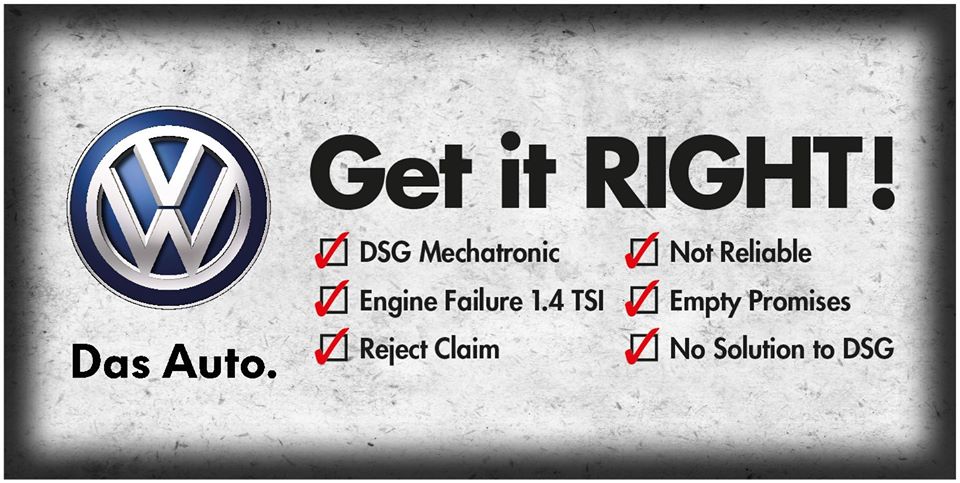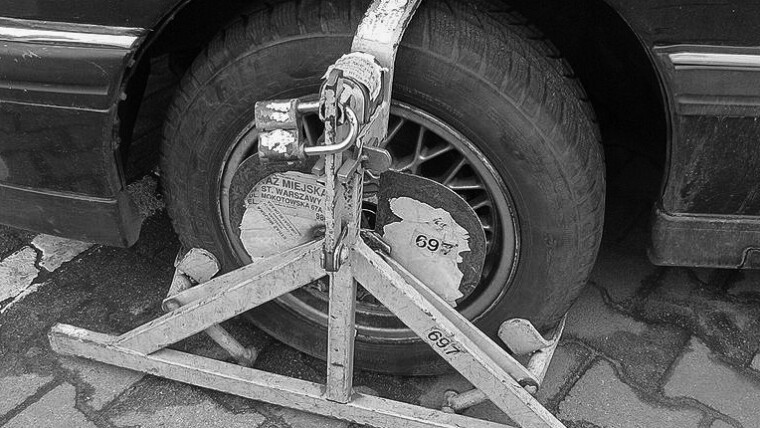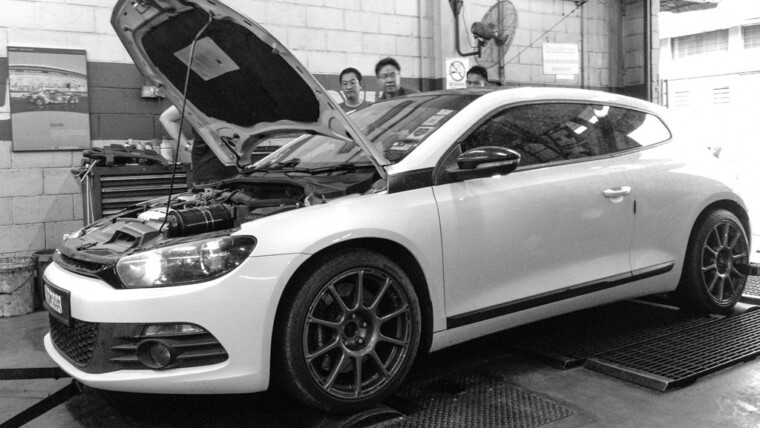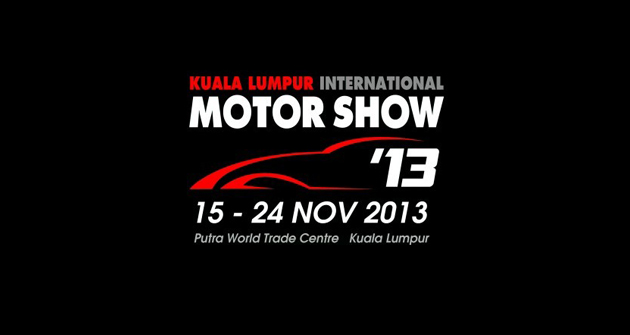Social media is becoming increasingly important, and a lot more rampant these days. In fact it’s one way that ‘netizens’ keep abreast of the latest happenings. And whilst automakers are using social media to keep their customers happy and to attract new ones, consumers and car owners are turning to social media to express their frustration and vent their anger due to a myriad of complaints, one of course being after-sales service, or lack of it.
Recently, a group of various Volkswagen owners gathered in front of the Volkswagen Group Malaysia headquarters in Bangsar, Kuala Lumpur to voice their disappointment to the automaker for failing to recognise issues pertaining to the vehicles’ warranty, insurance, DSG and their after sales service.
Thus, it made me wonder whether social media could be the best thing that’s ever happened to the automotive industry in terms of promoting their products….or the worst. A recent study conducted by Facebook found that car owners who are fans of their manufacturer are stronger advocates than those who aren’t, and are able to share their recommendations with three times more people than the average Facebook user.
That’s a powerful finding indicating a valuable avenue for manufacturers and dealers to attract potential customers and engage with existing ones. Hence we believe that social media is not necessarily the worst thing that’s ever happened to automakers. Apart from that, social media will allow car manufacturers to investigate what customers are complaining about and resolve them quickly and efficiently, because the longer a certain issue is left to fester in social media, it is prone to go viral. Which is what I reckon happened with this VW incident.
As a first step to resolve this problem, Volkswagen Group Malaysia released a press statement stating that 20 authorised Volkswagen service centres in Malaysia will open on Sundays from 9.00am to 5.00pm for maintenance service starting from 16 March 2014, to improve after-sales and customer satisfaction levels amongst Volkswagen owners. This shows that automakers are extremely concerned and not taking customers feedback lightly although I think that they should have taken more actions to solve this issue, much earlier.
Their next step was to actually meet the owners face-to-face at that aforementioned gathering and listen first-hand to what they had to say. The leader of the ‘protest’ so to speak, handed the MD of VW Group M’sia, Christoph Aringer, a comprehensive list of exactly what the issue was, which was duly accepted by the latter, who promised to look into it.
Hence it’s my conclusion that although there is a lot of opportunity for the automotive industry to capitalize on social media in regards to building greater connections with customers and potential customers, careful consideration around reputation management is also equally important especially for those who want to maintain a modicum of control over customer relationships and interactions.
The basis for this article is not to highlight Volkswagen’s recent predicament, far from it in fact. In this day and age of lightning fast connections and word-of-mouth spreading faster than wildfire, it is very easy for the complaints of just one to reach the eyes and ears of thousands in a matter of hours, minutes even, via social media. Proper care has to be exercised by both carmaker and customer alike, to curtail events like this from happening again.
Source: (main: Facebook; secondary – VW Get it Right @ FB)
Other posts by AF Newsdesk









